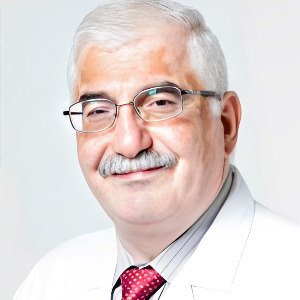HYBRID EVENT: You can participate in person at Orlando, Florida, USA or Virtually from your home or work.
Transplantation and Artificial Pancreas
The pancreas is a digestive organ located behind the lower section of the stomach. Insulin, a hormone that regulates the absorption of sugar (glucose) into your cells, is one of its key activities. A pancreatic transplant is a surgical operation that involves transplanting a healthy pancreas from a deceased donor into a person who no longer has a functional pancreas. In medicine, a transplant is a section of tissue or an entire organ that is taken from its natural site and transplanted to a new location in the same person or in a different person. Organ transplants are more difficult to conduct successfully than most other grafts for a variety of reasons. A pancreas transplant may be able to prevent diabetic complications from progressing.
- Bioartificial pancreas
- Biohybrid pancreas
- Beta cell replacement therapies
- Pancreatic islet transplantation
- Kidney transplantation
Committee Members

Mahir Khalil Ibrahim Jallo
Gulf Medical University, Canada
Yong Xiao Wang
Albany Medical College, United States
F Buck Willis
Belize Bible College, Belize Diabetes 2025 Speakers

Sujith Rajan
NYU Long Island School of Medicine, United States
Amy Gutman
AdventHealth; Tough Love MD, United States
Paraskevi Theofilou
Hellenic Open University, Greece


Title : Does winter melon (Benincasa hispida) improves nutritional values and ameliorating glycaemic parameters?
Wan Rosli Wan Ishak, Universiti Sains Malaysia, Malaysia
Title : Adipose MTP deficiency protects against hepatic steatosis by upregulating PPAR activity
Sujith Rajan, NYU Long Island School of Medicine, United States
Title : Important roles and mechanisms of novel calcium signaling in diabetes-induced vascular dementia
Yong Xiao Wang, Albany Medical College, United States
Title : The menopausal mind: Reframing female senescence as a neuroendocrine disorder with root cause management strategies
Amy Gutman, AdventHealth; Tough Love MD, United States
Title : Glucagon a plausible contributor, hiding in plain sight
Harris Edward Phillip, NHS, United Kingdom
Title : Diabetes reduction (pre-diabetes and type 2) with integrative medicine
F Buck Willis, Belize Bible College, Belize